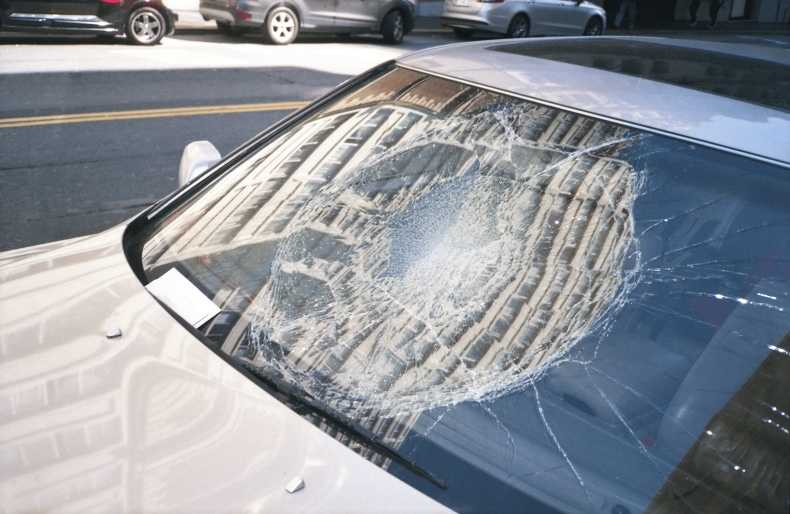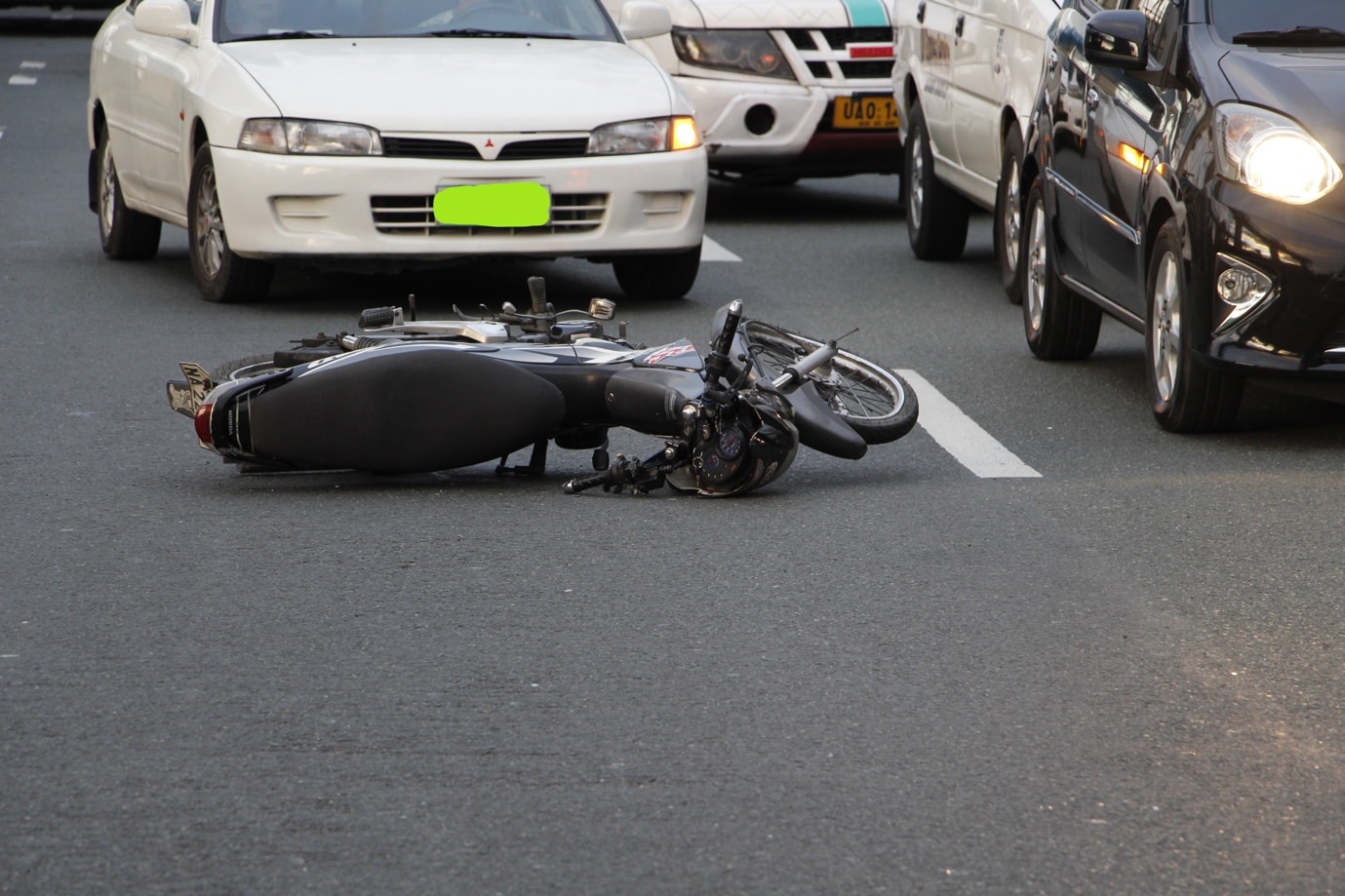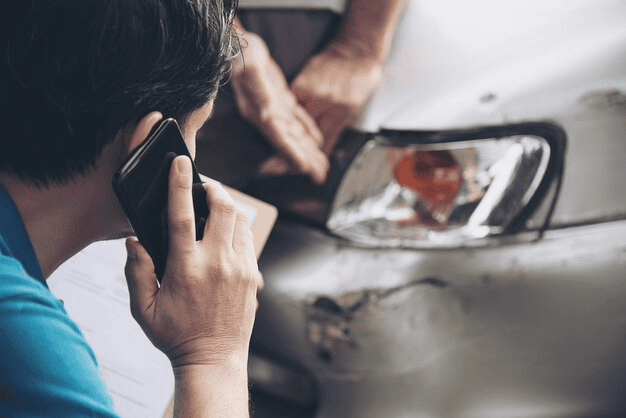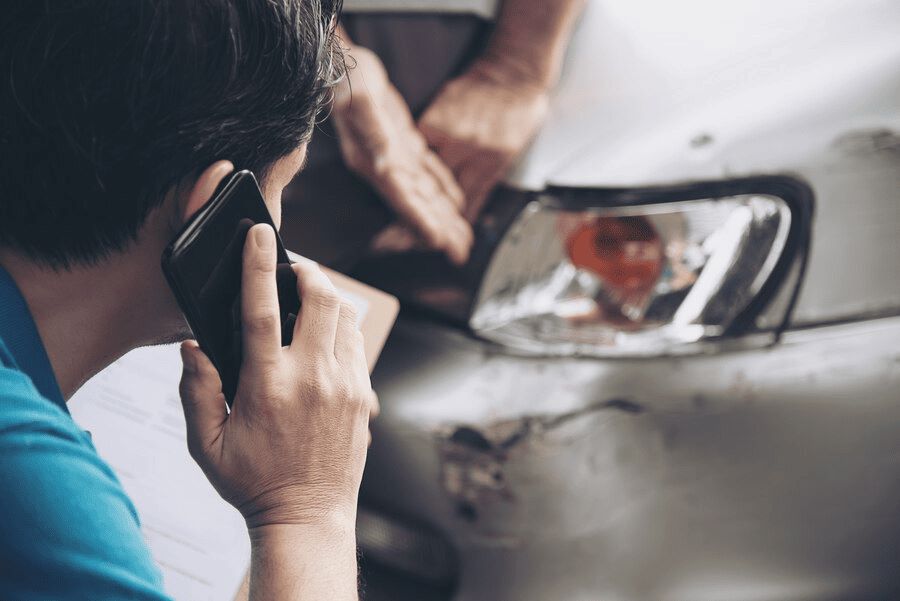
Car accidents are often chaotic and distressing, and the right course of action is crucial in the aftermath. One of the most serious missteps a driver can make is fleeing the scene of an accident. Like many other states, the law imposes strict penalties for hit-and-run incidents in Nevada. If you find yourself involved in an accident in the Silver State, understanding your responsibilities and the potential consequences can make all the difference.
The Duty to Render Aid
When involved in a Las Vegas car accident, drivers are legally obligated to stop and render aid. This duty encompasses providing reasonable assistance to any injured parties. While it’s natural to feel overwhelmed in the heat of the moment, failing to stop and assist can lead to severe legal consequences.
Penalties for Leaving the Scene of an Accident
Nevada law imposes harsh penalties for leaving the scene of an accident, especially when the incident involves injury or death. The severity of the penalties depends on the circumstances surrounding the hit and run. Let’s break down the potential consequences:
Misdemeanor Hit & Run — Involving Property Damage
Leaving the scene can still lead to misdemeanor charges if the accident results in only property damage. Nevada law considers damage to another person’s property a serious offense. Penalties for a misdemeanor hit and run can include fines, demerit points on your driving record, and possible jail time. It’s crucial to remember that even if the damage seems minor, fleeing the scene can escalate the situation.
Felony Hit & Run — Involving Death or Bodily Injury
The most severe hit-and-run charges are reserved for incidents involving death or bodily injury. If you leave the scene of an accident where someone is injured or killed, you may face felony charges. Felony hit-and-run convictions can result in substantial fines, long-term imprisonment, and a permanent stain on your criminal record.
Duty to File an Accident Report
Beyond stopping at the scene and rendering aid, Nevada law requires drivers to file an accident report under certain circumstances. If the accident involves injury, death, or more than $750 in property damage, you must promptly submit a report to the nearest law enforcement agency. Failure to comply with this duty can lead to additional legal troubles.
Failure to File or Filing a False Police Report
Submitting a false or incomplete accident report is a serious offense in Nevada. You may face serious criminal charges if you intentionally provide inaccurate information to law enforcement or fail to file a report when required. It’s essential to be truthful and thorough when reporting an accident to avoid further legal complications.
Hit-and-Run Cases and Car Insurance
Apart from the criminal consequences, hit-and-run incidents can significantly impact your car insurance. Insurance companies take hit-and-run offenses seriously, and a conviction can lead to increased premiums or even policy cancellation. Being proactive and responsible at the scene of an accident not only helps you legally but also safeguards your insurance standing.
License Suspension and Other Consequences
Leaving the scene of an accident can result in the suspension of your driver’s license. The suspension’s length depends on the offence’s severity and whether it’s a first-time or repeat offense. In some cases, a hit-and-run conviction may lead to the revocation of your driver’s license, further complicating your ability to drive legally.
Defending Against Hit and Run Charges
If you face hit-and-run charges in Nevada, seeking legal representation is crucial. A skilled defense attorney can assess the details of your case and explore potential defenses. Common defense strategies may include challenging witness statements, disputing the severity of the damage, or proving that you were unaware of the accident.
The Immediate Aftermath: Police Officers Investigating
When police officers arrive at the scene of a hit-and-run accident, they primarily aim to gather information and identify the responsible party. If you’re involved in such an incident, it’s essential to cooperate with law enforcement. Providing accurate information, such as your contact details and insurance information, can help resolve the situation more smoothly.
Civil Consequences: Personal Injury Lawsuits
In addition to criminal charges, leaving the scene of an accident can expose you to civil liability. If someone is injured in the accident, they may pursue a personal injury lawsuit against you. This could result in financial compensation for medical expenses, lost wages, and other damages.
Potential Legal Consequences
The legal consequences of a hit and run can be severe, including:
Jail Time: Hit-and-run convictions, especially felony charges, can lead to significant jail time.
Fines: Monetary penalties for hit-and-run offenses can substantially impact your financial well-being.
License Suspension: Losing your driving privileges is a common consequence, affecting your daily life and employment.
Insurance Ramifications: Hit-and-run convictions can lead to higher insurance premiums or difficulty obtaining coverage.
The Investigation Process: Nevada Highway Patrol and Law Enforcement
When a hit and run involves serious injury or death, the Nevada Highway Patrol and other law enforcement agencies conduct thorough investigations. This may include reconstructing the accident, interviewing witnesses, and examining physical evidence. Cooperation with law enforcement during this process is essential, and any attempts to obstruct the investigation can lead to additional charges.
Uninsured Motorist Coverage and Hit and Run
If you’re the victim of a hit and run and the responsible party cannot be identified, your uninsured motorist coverage may come into play. This type of coverage is designed to protect you in situations where the at-fault driver is uninsured or cannot be located. It’s crucial to promptly report the hit and run to your insurance company to initiate the claims process.
Nevada Laws and Maximum Possible Jail Time
Nevada laws regarding hit-and-run offenses are stringent, reflecting the serious nature of these crimes. The maximum possible jail time for a hit-and-run conviction can vary depending on the circumstances. It’s essential to consult with a legal professional to understand the specific implications of your case and potential defenses.
Driver’s License Revocation and Demerit Points
In addition to potential suspension, a hit-and-run conviction can revoke your driver’s license. Demerit points on your driving record can accumulate, further jeopardizing your driving privileges. Taking prompt and appropriate legal action is essential to mitigate these consequences.
Hit and Run Defense Attorney: Your Advocate in the Legal Process
Facing hit-and-run charges in Nevada is a serious matter, carrying potential penalties such as fines, imprisonment, and revoking your driver’s license. Hiring a defense attorney is crucial for several reasons:
Legal Expertise: Attorneys possess in-depth knowledge of Nevada laws related to hit-and-run cases, enabling them to navigate legal complexities effectively.
Case Assessment: Attorneys assess the strengths and weaknesses of your case, developing a tailored defense strategy based on the circumstances.
Negotiating with Prosecutors: Skilled attorneys negotiate with prosecutors to explore plea bargains or reduced charges, aiming for the best possible outcome.
Court Representation: If the case goes to court, an attorney acts as your advocate, presenting evidence, examining witnesses, and making legal arguments.
Minimizing Penalties: Even if complete acquittal is not possible, attorneys work to minimize penalties, negotiating for reduced fines or advocating for alternatives like community service.
Handling Civil Liabilities: In addition to criminal charges, attorneys address potential civil liabilities, collaborating with personal injury attorneys to create a comprehensive legal strategy.

Contact BLG Today for Proficient Hit and Run Defense
Leaving the scene of an accident in Nevada is a violation of legal duties and a decision that can have lasting consequences. The fallout from a hit-and-run can be severe, ranging from criminal charges to civil liabilities. Whether you’re the accused or the victim, seeking legal guidance is essential to navigate the complexities of the legal system and protect your rights. Remember, responsible actions at the scene of an accident can make all the difference between facing harsh penalties and finding a resolution that minimizes the impact on your life.
If you or a loved one is facing the serious consequences of a hit-and-run incident, don’t face the legal complexities alone. BLG is here to provide the expert guidance and representation you need. Our experienced attorneys specialize in navigating the intricacies of Nevada law, offering a steadfast defense against hit-and-run charges.
Contact us today for a free consultation.
FAQs
When does one flee from a car accident scene?
Leaving the scene of a car accident without stopping to provide necessary information or assistance is generally considered a hit-and-run. This can involve leaving the scene and failing to exchange information with the other parties involved.
Is leaving the scene of an accident a felony?
In many jurisdictions, leaving the scene of an accident can be classified as a criminal offense. Whether it is considered a felony or misdemeanor depends on the accident’s severity, the extent of injuries or damages, and the specific laws in the jurisdiction. Felony charges are more likely if there are serious injuries or fatalities involved.
How much time do you get for a hit-and-run?
The penalties for a hit-and-run vary widely based on the jurisdiction and the circumstances of the incident. Hit-and-run offenses can result in fines, license suspension, and, in more severe cases, imprisonment. Felony hit-and-run charges, especially if there are injuries or fatalities, may lead to longer sentences. It’s important to seek legal advice specific to your situation and local laws.





